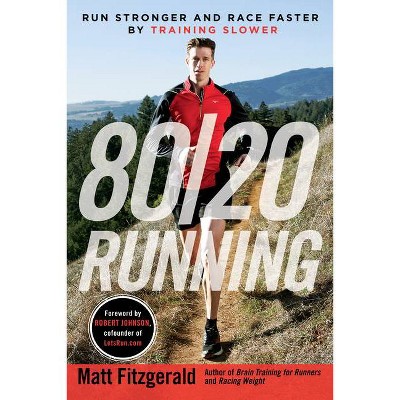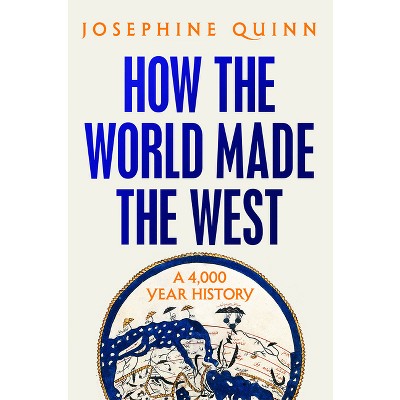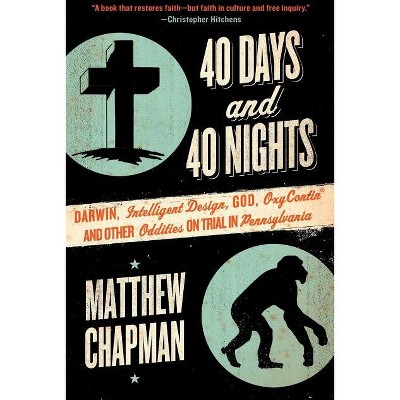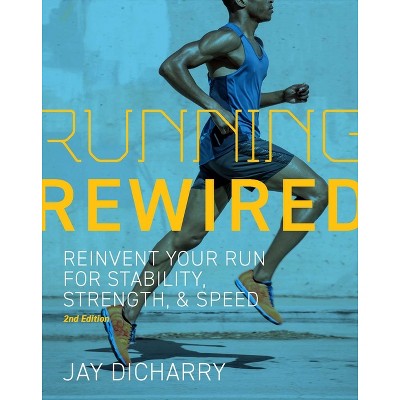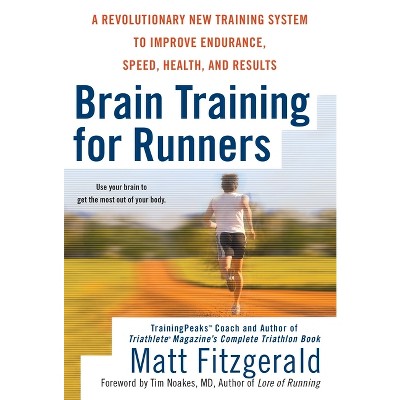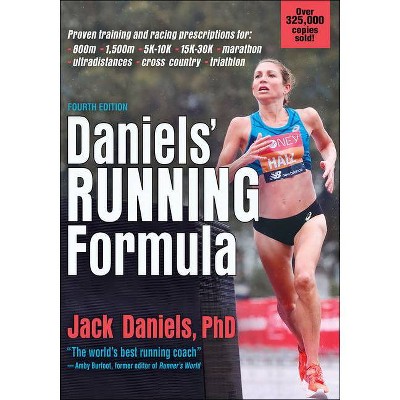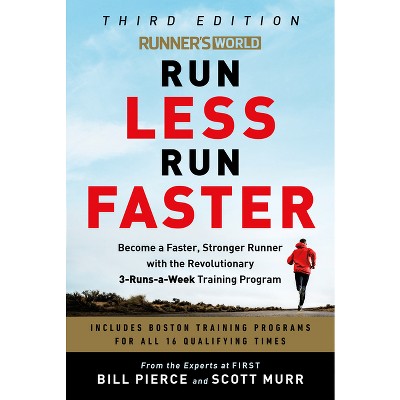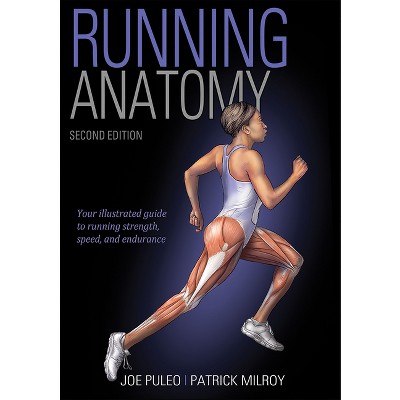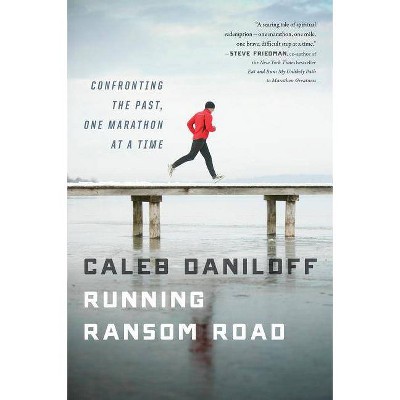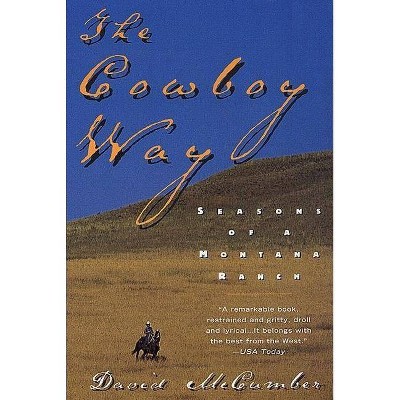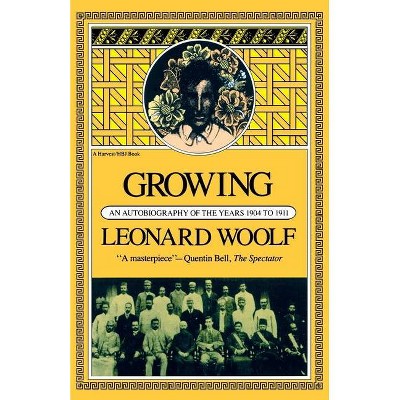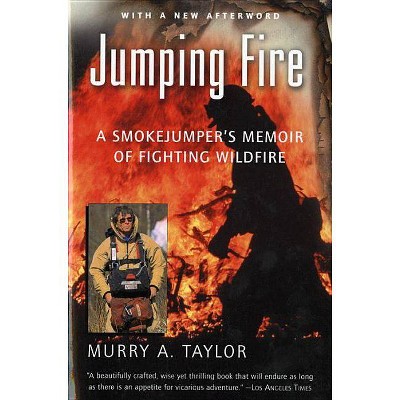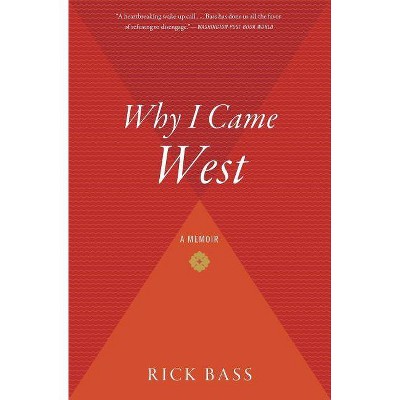Sponsored

This Is Not about Running - by Mary Cain (Hardcover)
Pre-order
Sponsored
About this item
Highlights
- By one of the fastest runners of her generation, an affecting, brutally honest memoir of elite sports gone wrong--and a clear-eyed call for how parents, coaches, and young athletes themselves can build a healthier youth sports culture.Few women have ever run 800 meters in under two minutes.
- Author(s): Mary Cain
- 336 Pages
- Biography + Autobiography, Personal Memoirs
Description
Book Synopsis
By one of the fastest runners of her generation, an affecting, brutally honest memoir of elite sports gone wrong--and a clear-eyed call for how parents, coaches, and young athletes themselves can build a healthier youth sports culture.
Few women have ever run 800 meters in under two minutes. Even fewer people have taken on running's abusive training culture and won. Mary Cain has done both.
She emerged as a running phenom at age 12, a straight-A student obsessed with Greco-Roman mythology and the freedom she felt when she ran fast. Like any middle-schooler, she just wanted to fit in, so she learned to run through the discomfort of hard training sessions, and the confusion of her coaches' and teammates' bullying. And she was overjoyed when, at 16, Alberto Salazar called to invite her to train with the famed Nike Oregon Project.
Cain was poised to transform the sport, Salazar told her. She resolved to hold on to his favor, even as he insisted she lose weight and push through the pain of emerging injury. For years, she excelled, setting records against elite runners twice her age. The Olympics were in her sights.
But off the track, Cain was crumbling. She snuck granola bars in the middle of the night and sank into a deep depression as injury after injury set in. Finally, she left the Oregon Project, telling herself she just needed a break. A chorus rang out across the running community: What happened to Mary Cain?
Now, with her suit against Nike behind her, Cain is ready to share her side of the story--and to flip the script on abuse in youth sports. She draws on her diaries from this wrenching period of abuse to show, with clarity we rarely see, how young minds respond to the win-at-all-costs culture that pervades youth sports today. By turns raw, wry, and impassioned, This Is Not About Running is a fierce memoir of the damage wrought when we prioritize competition over mental health.
Shipping details
Return details
Frequently bought together
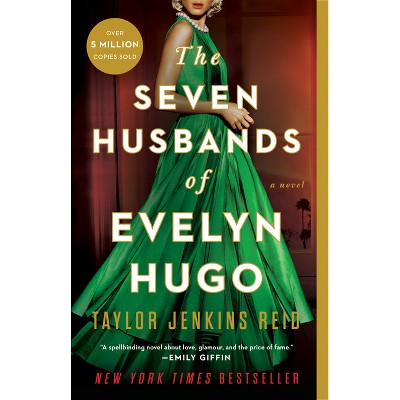



Guests also viewed
